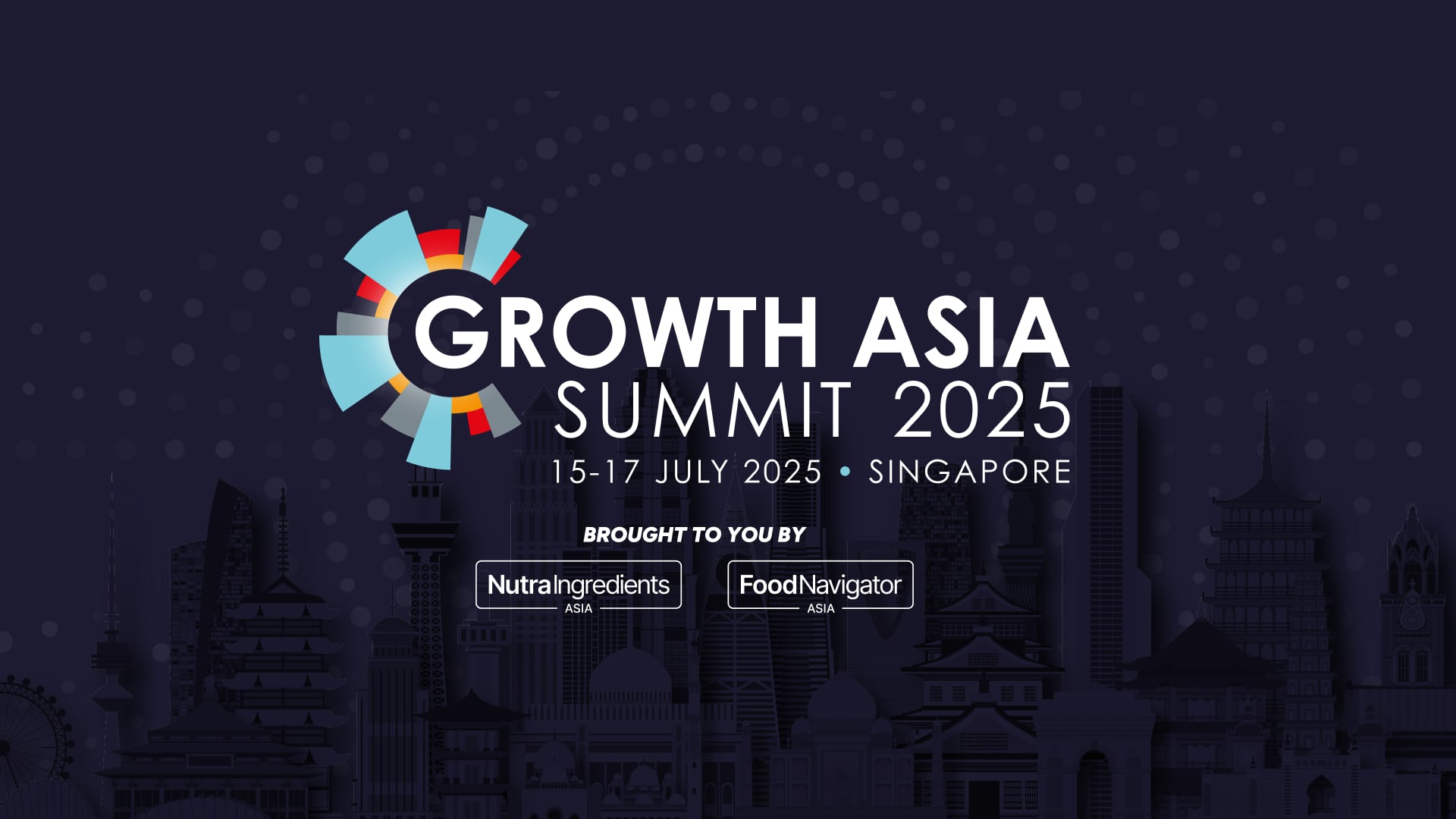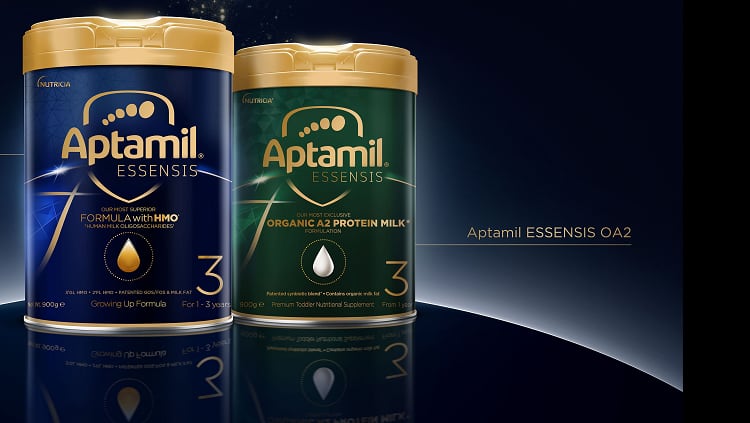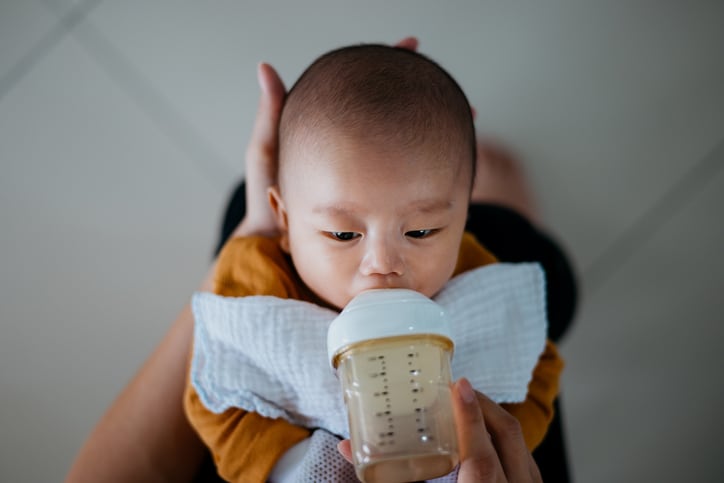These solutions could include nutritional products to support healthy ageing, as well as consumer-friendly health screening and monitoring tools.
The idea is to promote early and more health screenings among consumers, in order to address nutritional deficiencies early with proper nutrition.
It is also to monitor consumers’ health overtime, and to show how taking nutritional products could benefit their health over time.
“Adherence to nutritional intervention is key. By being able to show the impact that nutrition has on their health, consumers will tend to take a nutritional product longer and this also leads to better impact over time.
“So it’s both screening and monitoring tools that we are working on,” Agathe Foussat, director, Digital Health & OneBiome, Medical and Nutritional Science, Precision Nutrition D-Lab, Research and Innovation at Danone tells NutraIngredients-Asia.
The company can also glean insights and better adapt its nutritional solutions based on the screening data collected.
These research will take place in the Danone Digital-Lab (D-Lab) housed in Singapore.
This marks a new phase in the company’s research and development work in D-Lab which was set up back in 2018 to focus on early life nutrition.
The idea is to tap on the company’s success in using AI and digital science in developing health screening tools for infants to developing products for the growing ageing population globally.
“We have seen successes in the work that we have done in Singapore on digital health for early life nutrition.
“The main ones are the creation of the stool tracker, the iron tracker and the growth tracker, which are all developed in Singapore and are now used globally by Danone, our consumers, and health care practitioners,” said Foussat.
Iron Tracker is a non-invasive screening tool for iron-deficiency anaemia.
The Stool Tracker, which utilises AI-powered image recognition systems, is designed to help parents assess their baby’s stool consistency.
Lastly, the Growth Tracker was created to monitor the growth and proper development of children.
“Seeing the success and seeing the impact that we have on the market, on the health of infant and children achieved by the ability to screen more for key deficiencies and symptoms, we decided to expand and to use those capabilities, expertise, and successes to expand on the adult nutrition category and more specifically - on healthy ageing,” she said.
The number of people over 65 years old is expected to reach 1.5 billion by 2050.
In Singapore alone, the proportion of citizens aged 65 and above have increased from 12.4 per cent in 2014 to 19.9 per cent in 2024.
By 2030, around one in four citizens - at 24.1 per cent - will be aged 65 and above.
On age-related conditions
There are three key capabilities that Danone will be utilising for healthy ageing in D-Lab, said Foussat.
The first is around data science, AI model developments; nutrition R&D based on microbiome science, and the clinical research capability to test out its nutritional innovations.
As for the specific healthy ageing categories, the idea is to focus on age-related conditions, such as frailty, cognitive and cardiovascular diseases.
Last year, Danone launched an online brain assessment known as Neurowyzr Brain Score tool in Singapore and Australia to help increase awareness of brain health and drive conversations around memory loss.
The tool consists of three digital neuroscience puzzles that assess memory, attention, and executive function.
“The assessment takes just three to five minutes to complete, after which the user immediately receives a personalized report explaining their Neurowyzr Brain Score.
“It also gives advice on medical nutrition specifically designed to support patients with cognitive impairment and even Alzheimer’s disease,” said the company on information listed on the website.
The tool was also showcased at the Founders Longevity Forum held in Singapore on February 27 and 28 this year.
Not to replace diagnostics
However, Foussat also emphasised that the aim of developing screening tools is not to replace diagnostics.
“Our intent is never to take the role of any medical specialist. It is to bring awareness to people of issues that they may not know; to highlight the risks of not being under proper nutrition.
“Once we highlight a particular health risk, we will tell them to see the right specialist. It is not to replace diagnostics, but to help and support consumers in a ‘consumerised’ way,” she explained.
The goal is also to work with health care practitioners in their daily practise to bring proper nutrition to their patients.
Partnership with Singapore: From research to ethical AI use
Danone’s digital health initiatives in Singapore are supported by the Singapore Economic Development Board (EDB) and via partnerships with local research institutions.
Over the past five years, Danone has also invested 30 million euros (US$34.5m) in its Singapore facility.
The partnership with EDB can be traced back to 2018 with the inauguration of Danone’s OneBiome Lab Singapore that focuses on gut microbiome research.
“Singapore is a global innovation hub with a vibrant ecosystem of scientific talent, world-class experts and strong institutional partnerships,” said Christian Stammkoetter, Danone’s President of Asia, Middle East and Africa.
“By bringing together local insight with our global expertise in science-based innovation, we see powerful opportunities to address demographic challenges like aging, a rising priority across the region.
“Through digital technologies, we aim to turn data into actionable insights that improve health outcomes locally and globally,” he said.
Foussat added that the country’s efforts in using AI ethically is also a key reason for continuing Danone’s digital health initiatives in Singapore.
“It (ethics) is a very key reason for why we continue to do what we do in Singapore.”
Ethical use of AI would include the collection of data in a proper way and being transparent in the way the algorithm is trained.
“What should be done and how should it be done when we talk about using AI in healthcare?
“We will ensure that we put a lot of emphasis in the ethical component of whatever we do.
“Which then means that data should be collected in a proper way, and how we are being transparent in the way we train our algorithm. So everything related to that, we have also learned a lot from key experts in Singapore.”
Aside from the EDB, the company also works with the Agency of Science, Technology and Research (A*STAR), tertiary institutions like the National University of Singapore and Nanyang Technological University, and public hospitals.
“We are proud to support Danone’s continued R&D efforts to unlock wider opportunities such as better health management and preventive healthcare.
“The next phase of D-Lab will complement Singapore’s healthy aging initiatives and also strengthen Singapore’s position as a global health innovation hub for companies to develop and scale their solutions globally,” said Chan Ih-Ming, Executive Vice President, Digital Economy and Hub Service Industry Group, EDB.





